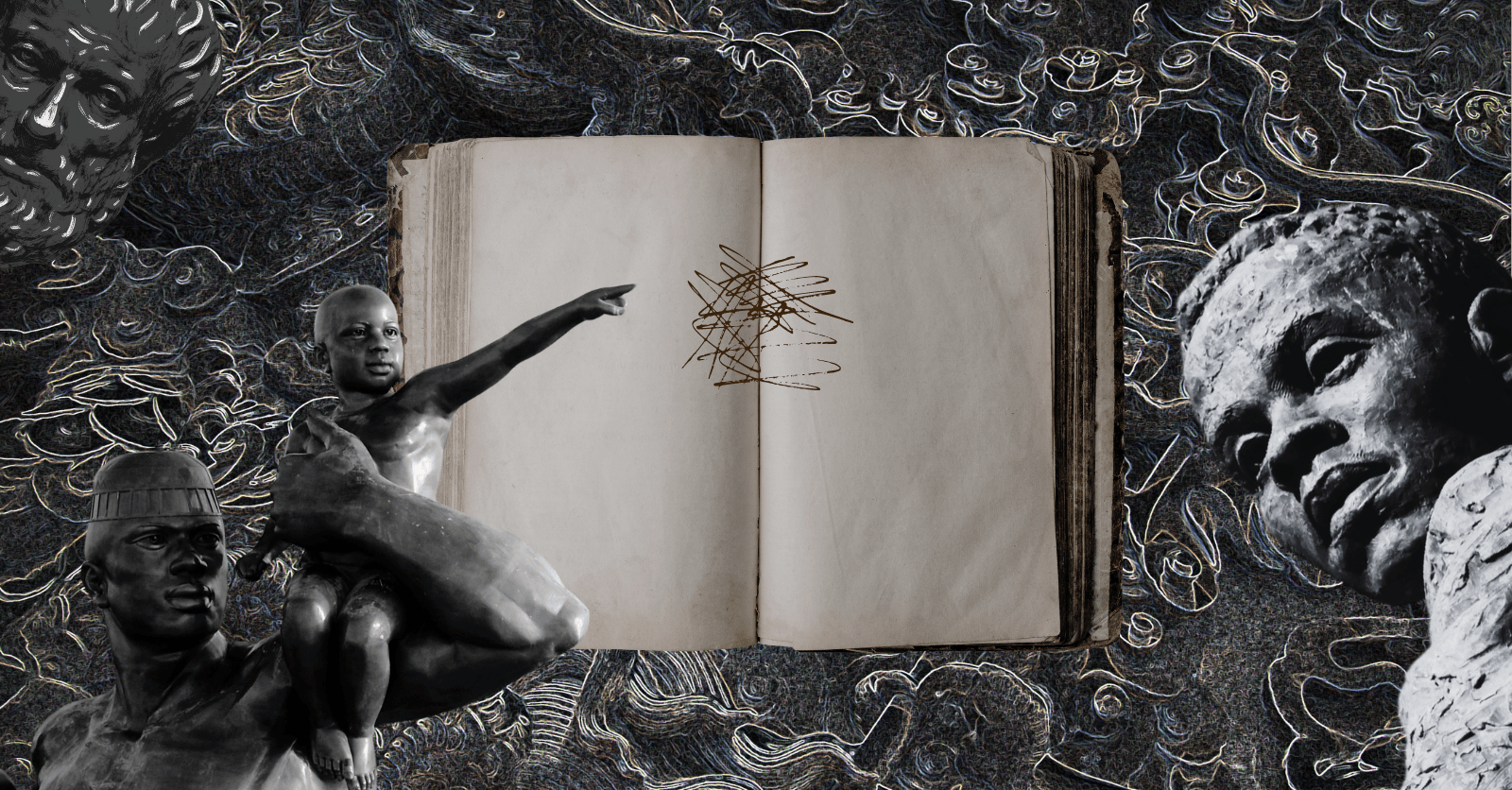





The 16th of November is UN-recognized World Philosophy Day, celebrating the love of wisdom and the study of fundamental questions about human existence. This day provides an opportunity to reflect on the contributions of both ancient and contemporary philosophers who have shaped our understanding of the world.
Ancient philosophers such as Aristotle, Socrates, and Plato have left behind a valuable legacy of wisdom that continues to resonate through the ages. Their teachings encompass a wide range of topics, from virtue and knowledge to enlightenment, nature, and the human experience. These philosophers offer powerful insights that transcend culture and era, providing valuable life lessons that people today wish they had known sooner [470b9416].
In addition to ancient philosophers, contemporary thinkers also play a crucial role in navigating thought and addressing the challenges of the modern world. Figures like Roger Penrose, Noam Chomsky, and Judith Butler are recognized for their contributions to various fields of philosophy. They engage with topics such as energy security, energy poverty, energy transition, the global economy, and the surge of artificial intelligence. These contemporary philosophers provide valuable perspectives on the pressing issues of our time [470b9416].
St. Thomas Aquinas, a prominent medieval philosopher, also holds relevance in today's world. An article on Catholic Exchange discusses the lasting power of Aquinas' ideas and the durability of his art. It emphasizes the importance of reason in distinguishing truth from falsehood, contrasting it with the modern tendency to rely on popularity or practicality. Aquinas' philosophy, grounded in common sense and simplicity, has implications for democracy and equality. The article explores Aquinas' view of natural law as the basis of morality and highlights the virtue of humility in philosophy. It argues that intelligence is a birthright of every person and that Aquinas is a philosopher who deals with all aspects of the mind and exercises intelligence [a7bac5eb].
World Philosophy Day raises important questions about the future of humanity and the role of philosophy in shaping our collective destiny. It encourages us to reflect on the fundamental questions about human existence and the nature of reality. By engaging with philosophical ideas, including those of ancient philosophers like Aristotle, Socrates, and Plato, as well as contemporary thinkers like Roger Penrose, Noam Chomsky, Judith Butler, and St. Thomas Aquinas, we can gain a deeper understanding of ourselves and the world around us. These philosophers offer valuable insights and perspectives that can help us navigate the complexities of life and strive for a more enlightened and fulfilling future [470b9416] [a7bac5eb].
The relevance of philosophy extends beyond ancient and contemporary thinkers. In an article from Tribune Online, the idea of introducing philosophy for children in African schools is explored [fc7f4bc1]. The author initially dismissed the idea but later realized that philosophy can be taught to children as a way to foster critical thinking skills. Philosophy for children is an inquiry-based and student-led approach that focuses on teaching children thinking skills, questioning, reasoning, arguing, and reflecting on issues. The author suggests that introducing philosophy for children in secondary schools can further enhance critical thinking skills and provide a mechanism for students to question and challenge received wisdom and knowledge. The article mentions the Institute for the Advancement of Philosophy for Children at Montclair State University in the USA, which developed the philosophy for children program. It also highlights organizations such as SAPERE, The Philosophy Foundation, and PLATO that promote philosophy for children in schools in the UK, Australia, and the US. The author argues that philosophy for children should be the sequel to teaching critical reasoning in primary schools and can transform the school system in Africa. The article concludes by urging public and private school managers to introduce philosophy for children in secondary schools across Africa.
The concept of African philosophy is a subject of analysis in an article titled 'African Philosophy Cannot Be a Thing' by Ìdòwú Ọdẹ́yẹmí in The Republic [661d1885]. The author challenges the idea of defining African philosophy in a limited way, emphasizing that such a conceptual definition would limit and conserve it. Ìdòwú Ọdẹ́yẹmí highlights the importance of situated awareness in philosophical inquiries, stating that the conditions and social architecture of a society shape the philosophical questions and concerns of its people. The article criticizes Darius Dauda Angwa's essay on African philosophy, pointing out contradictions in his arguments and the neglect of the history and credibility of academic African philosophy. The author also challenges the idea of using identity to identify African philosophy and argues against the notion of an 'idiot veto' that questions the philosophical nature of African philosophy. Ìdòwú Ọdẹ́yẹmí concludes by asserting that African philosophy cannot be a singular thing but should encompass a diverse range of perspectives and speak to the lives of both Africans and non-Africans.
Wellington College International Shanghai's Early Years Center follows a child-centered philosophy, focusing on each child's unique interests, strengths, and needs. The bespoke curriculum, aligned with the English UK Early Years Foundation Stage, caters to learners aged two through five across three year groups: Pre-Nursery, Nursery, and Reception. The program balances independent exploration, play-based learning, and structured lessons, encouraging children to face new challenges and make connections. The curriculum includes core subjects like English, math, and science, as well as a strong emphasis on the arts and a dual language program in English and Chinese. Outdoor learning plays a central role in the program, fostering fine and gross motor skills and building confidence. The Early Years curriculum also prioritizes fostering vital characteristics for effective learning, such as perseverance, creativity, and critical thinking skills. The school's five core values - kindness, responsibility, respect, courage, and integrity - are integrated into daily routines and conversations. Teachers use the Leuven Scale and a learning journal to track a child's progress and set individualized learning targets. The Early Years Center aims to lay a strong foundation for future academic success and enable children to thrive as confident, creative global citizens.
Big Think, a platform for exploring big ideas and cutting-edge research, offers a collection of articles called 'Everyday Philosophy' that applies philosophical insights to unpack everyday dilemmas in an unpretentious and accessible way. Written by Jonny Thomson, a former philosophy teacher in Oxford, these articles address questions like 'Is it ever OK to ghost the people you date?', 'Can I ever swear in front of kids?', and 'Should I have to work the same hours as my inefficient colleague?'. The collection aims to make philosophy relatable and applicable to everyday life, providing readers with a fresh perspective on ethical and moral dilemmas [5e529e30].
In China, a group of PhD students from Sun Yat-sen University in Guangdong province have found an innovative way to engage in philosophical discussions. They have set up a sausage-selling stall on the street, using sausages as a medium to spark intellectual exchanges with customers. The nine-member team, consisting of PhD and graduate students majoring in philosophy, aims to answer customers' philosophical questions or discuss social issues, academic theories, and personal anecdotes in exchange for every sausage sold. The sausages are priced between three and five yuan (70 US cents) for two, and the team earns 100 to 200 yuan (US$28) a day. The initiative has attracted attention online, with some praising the students' courage and others criticizing it as a waste of educational resources [b7343d15].
In conclusion, World Philosophy Day is a time to celebrate the love of wisdom and the study of fundamental questions about human existence. It is an opportunity to reflect on the contributions of both ancient and contemporary philosophers who have shaped our understanding of the world. By embracing the wisdom of the past and engaging with the ideas of the present, including those of St. Thomas Aquinas, we can navigate the complexities of life and strive for a more enlightened and fulfilling future [470b9416] [a7bac5eb]. Additionally, the relevance of philosophy extends to the education system, as highlighted in the article discussing the importance of philosophy for children in African schools [fc7f4bc1]. By introducing philosophy for children in secondary schools, students can develop critical thinking skills and have the opportunity to question and challenge received wisdom and knowledge. This approach can transform the school system in Africa and empower students to think critically about the world around them. Furthermore, the concept of African philosophy is explored in an article that challenges the limitations of defining it conceptually and emphasizes the importance of situated awareness and diverse perspectives [661d1885]. Lastly, Big Think's 'Everyday Philosophy' collection offers a relatable and accessible way to apply philosophical insights to everyday dilemmas, providing readers with a fresh perspective on ethical and moral questions [5e529e30]. In China, philosophy students have taken a unique approach to engage in intellectual discussions by setting up a sausage-selling stall on the street, using sausages as a medium to spark conversations with customers [b7343d15].